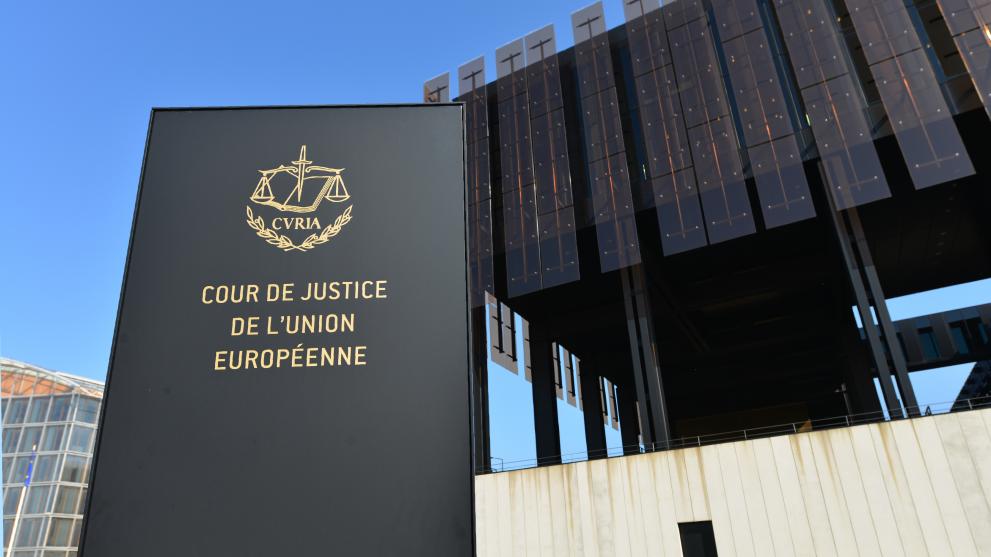
Statement regarding the judgment by the Court of Justice of the EU in Case C-281/22
(Luxembourg, 21 December 2023) – Today, the Grand Chamber of the Court of Justice of the European Union issued its judgment in Case C-281/22, G. K. e.a. (Parquet européen). This is the first case in which a national court (the Oberlandesgericht Wien/Higher Regional Court of Vienna, Austria) requested a preliminary ruling from the Court of Justice to interpret provisions of Council Regulation (EU) 1017/1939 – ‘the EPPO Regulation’. The ruling confirms that the EPPO Regulation has created a new and advanced system for cooperation between prosecutors when fighting cross-border criminality, which allows the EPPO to carry out its investigations timely and efficiently, while ensuring the protection of the rights of the concerned persons.
The provisions in Articles 31 and 32 of the EPPO Regulation establish the conditions for cross-border acquisition of evidence by the EPPO. According to these provisions, the EPPO’s European Delegated Prosecutors have not had to rely on ordinary Union legal instruments on mutual recognition, or the traditional cross-border cooperation between prosecutors, to obtain evidence within the EPPO zone. Instead, they have been able to request their European Delegated Prosecutor colleagues in other participating Member States to undertake specific investigation measures.
The Court of Justice was called to clarify this rule, as applied to the authorisation by a judge of certain investigative measures. The remitting national court asked the Court of Justice to clarify the powers of judges in the Member State of the European Delegated Prosecutor asked to assist in carrying out the measure. In particular, according to the Austrian court, the wording of Article 31(2) was ambiguous as to whether the judge or court in the Member State of the assisting European Delegated Prosecutor may examine the substantive grounds for ordering the investigation measure in full, or whether they would be limited to a more restricted examination.
In today’s judgment the Court of Justice held that the substantive reasons for the justification and adoption of the investigative measure must be evaluated solely according to the law of the Member State of the handling European Delegated Prosecutor. They may be subject to judicial scrutiny, or where necessary prior judicial authorisation, only in that Member State. On the contrary, judicial control by a court in the Member State of the assisting European Delegated Prosecutor must be restricted to the elements relating to the execution of that measure.
The EPPO welcomes this judgment, which helps to clarify a centrepiece provision of the EPPO Regulation. Due to the EPPO’s mandate and the cross-border nature of many EPPO cases, the system for collecting evidence across borders envisaged by Article 31 is essential to its work.
The judgment confirms the approach that the EPPO has taken from the start of its operations in June 2021, considering that this system was intended to be much faster and more efficient than ordinary judicial cooperation between different Member States. It allows the EPPO to function as a single prosecution office with highly effective cross-border investigations, by taking cross-border investigative measures subject to the control and authorisation of a single judicial authority on their substantive conditions. This ensures a full review of the legality of the investigative action of the EPPO, and guarantees the rights of persons subject to the investigations.
